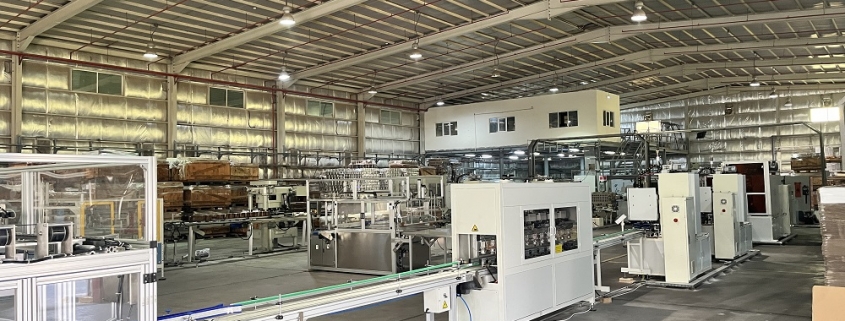Characters of Food in Metal Canning Supplies Container
Canned food generally undergoes initial treatment and cooking of raw materials, so it is more convenient to eat.
The canned food is exhausted and sealed to isolate the food in the can from the outside world, avoiding the influence of external conditions on the food, preventing the action of microorganisms in the air, and facilitating long-term storage of food.
After the cans are sealed, they are sterilized, so that the microorganisms that originally existed in the food will be killed or degenerated and will not reproduce, thereby ensuring that the food in the cans can be stored for a long time.
Therefore, in theory, cans can be stored indefinitely without spoilage. However, due to various reasons, such as corrosion resistance of the container, oxidation problems, and various biochemical changes, the food in the can gradually changes and eventually loses its edible value, so the shelf life of canned food has a certain period of time. Therefore, for various cans, according to the nature of the contents, a certain shelf life is generally stipulated. The so-called shelf life is from the date of production, under normal transportation and storage conditions, within the shelf life, the canned food should not be fat, not spoiled, and canned. The inner coating film does not fall off in flakes, the iron sulfide does not pollute the content, and the heavy metal does not exceed the regulations. The responsibility for the rust problem should be ascertained, and the factory is responsible for the rust caused by production.
In addition, in order to ensure the quality and nutritional value of canned food, the existing sterilization temperature and time cannot achieve absolute sterility (no There are microorganisms that continue to survive), but only commercial sterility (canned food after moderate heat sterilization does not contain pathogenic microorganisms, nor does it contain non-pathogenic microorganisms that can reproduce in it at normal temperatures , this state is called commercial sterility).

 tincanmakingmachine
tincanmakingmachine jjyixin
jjyixin